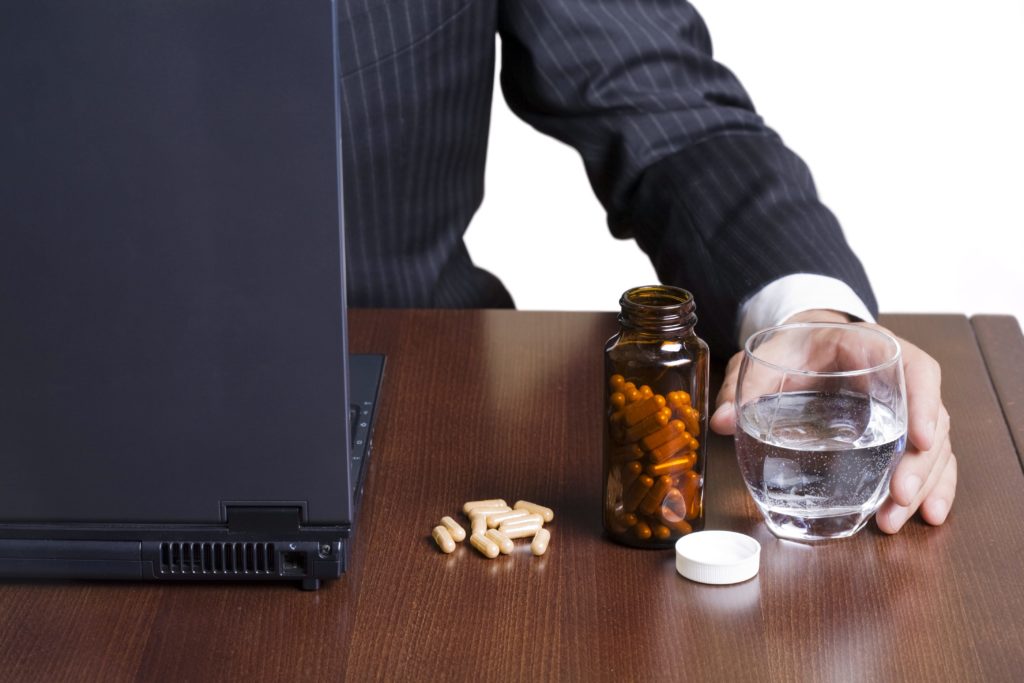At The Right Step, our addiction treatment programs are designed to help individuals navigate the challenging journey of recovery. One substance that often raises questions is phencyclidine (PCP), commonly known as angel dust. Is PCP addictive? Contact our knowledgeable team online or call 17135283709 today to explore this topic further and learn how our treatment centers in Texas can help you or your loved one.
What to Know About Phencyclidine
Phencyclidine is a powerful hallucinogenic drug that can alter perceptions, mood, and consciousness. Originally developed as an anesthetic in the 1950s, it was discontinued due to its severe side effects. Here are some critical facts about PCP:
- This substance is frequently marketed in various forms, such as powder, tablets, or liquids, offering multiple consumption methods like snorting, swallowing, smoking, or injecting.
- Its effects can include creating a sense of detachment from reality, triggering hallucinations, fostering delusional thoughts, and provoking aggressive behavior.
- In cases of overdose, the individual may experience seizures, fall into a coma, and tragically, it can lead to fatal outcomes.
PCP got its street name, angel dust, from one of its forms—a white crystalline powder that resembles dust. This nickname, along with others like “rocket fuel” and “peace pill,” can often make the drug seem less dangerous than it truly is.
What Are the Dangers of Angel Dust Abuse?
Abuse of PCP poses serious health risks, including:
- Physical harm – High doses of PCP, also known as angel dust, can cause seizures, respiratory failure, and even fatal overdoses.
- Psychological harm – Prolonged use of PCP may result in severe memory loss, persistent depression, and long-lasting speech impairments.
- Social harm – The distorted perceptions and aggressive tendencies triggered by PCP can severely strain personal relationships, leading to conflicts and potential legal repercussions.
In many cases, PCP abuse is intertwined with other substances. Combining PCP with alcohol or other depressants can amplify the drug’s effects, making it even more dangerous.
Is PCP Addictive?
Yes, PCP can be addictive. Though it’s not as physically addictive as certain substances, it can result in psychological dependence. Individuals who use PCP regularly may develop a strong desire for the drug, persisting in its use even when faced with adverse effects. Withdrawal symptoms may manifest as cravings, headaches, and increased sweating, underscoring the challenges associated with breaking free from PCP addiction.
How to Help Someone Struggling with PCP Abuse
If someone you know is struggling with Angel Dust abuse, it’s important to remember that professional help is available. At The Right Step, we offer services to support individuals through recovery. These include:
- Medical drug and alcohol detox – Our medical team helps make the withdrawal process as comfortable as possible with safe, effective doses of research-backed medications.
- Inpatient drug and alcohol rehab – After detox, clients transition to our inpatient program, where they develop resilience and learn healthy coping skills.
- Chronic relapse track – For those who have experienced relapses, we offer a program that helps clients learn from their experiences and develop plans to prevent future relapses.
Recovery is a journey, not a destination. At The Right Step, we understand the complexities of addiction and are dedicated to helping our clients heal physically, emotionally, and spiritually.
Enroll in Addiction Treatment at The Right Step
Understanding that PCP is addictive is crucial in recognizing the risks of this dangerous drug and the need for professional help in overcoming its abuse. At The Right Step, we’re committed to providing high-quality, compassionate care for those battling substance abuse. If you or a loved one are struggling with addiction, don’t hesitate to reach out to us. Recovery is not just about eliminating substances from your life—it’s about discovering your innate strength and resilience and living life to the fullest without the need for drugs and alcohol.
Let’s take the right step towards recovery together. Contact us online or call 17135283709 today to learn more about our programs and services.






